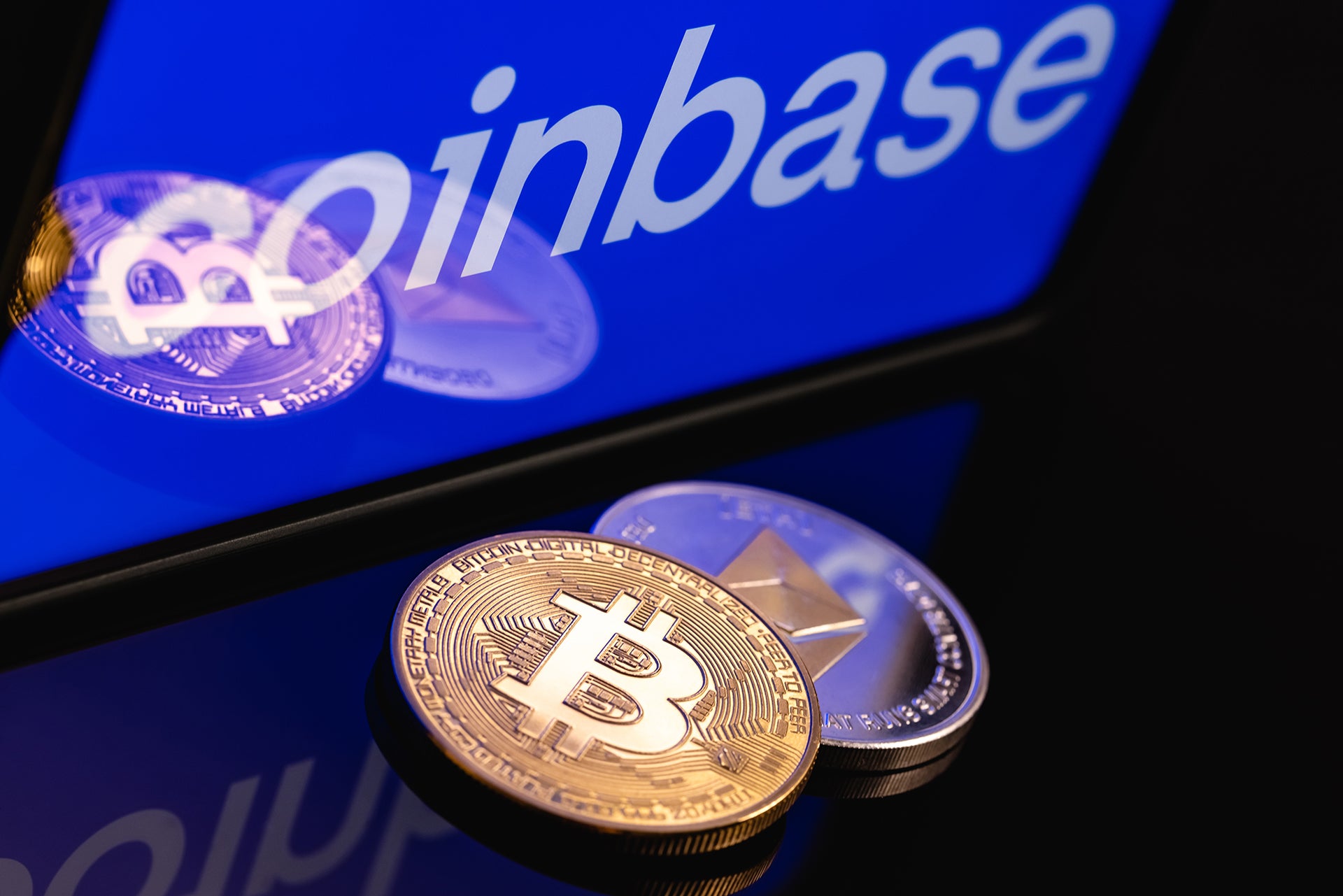
Cryptocurrency exchange Coinbase is steaming ahead with its marketplace for non-fungible tokens (NFT) by announcing a partnership with payment leviathan Mastercard. The news comes as the US Internal Revenue Service (IRS) is reportedly gearing up to crack down on the NFT market and potentially collect billions in unpaid taxes.
Coinbase first announced its NFT marketplace plans back in October 2021. As Verdict reported at the time, market analysts didn’t view the move as especially unusual for an exchange already taking home significant earnings on cryptocurrency speculation. And to be fair, though NFTs’ value at the moment is regarded as being largely based on hype, a move into NFTs is scarcely very different to Coinbase’s addition of so-called “shitcoins” such as Elon Sperm to its operations.
“They [Coinbase’s executives] also have a certain amount of trust built up in the crypto community, so unlike some of the NFT-specialist startups, they might actually be around in a few years,” Catherine Flick, cryptocurrency expert at De Montfort University, told Verdict at the time.
The notion that Coinbase could still be around for a few years has certainly gained some credibility with the announcement of its new team-up with Mastercard. The deal would enable Coinbase users to buy NFTs without first having to buy cryptocurrencies.
“We’re working to make NFTs more accessible because we believe tech should be inclusive,” said Raj Dhamodharan, EVP of digital asset products at Mastercard. “When more people are included in new technologies, it spurs innovation, helps economies grow and expands choices for consumers.”
More people in a market, of course, also means more customers and transactions to profit from.
How well do you really know your competitors?
Access the most comprehensive Company Profiles on the market, powered by GlobalData. Save hours of research. Gain competitive edge.

Thank you!
Your download email will arrive shortly
Not ready to buy yet? Download a free sample
We are confident about the unique quality of our Company Profiles. However, we want you to make the most beneficial decision for your business, so we offer a free sample that you can download by submitting the below form
By GlobalDataThe IRS is coming for NFTs
NFTs have boomed over the past year. Collins Dictionary even named “NFT” as its word of the year. An NFT is, simply put, a type of smart contract leveraging blockchain technology to authenticate ownership of stuff. The buzz around this application of technology has seen NFTs nominally signifying ownership of various assets, often digital artworks, bought and sold for large sums.
NFTs are one of the many different applications of distributed ledger technology, also known as blockchains. Such ledgers are best known as the underpinning of cryptocurrencies like bitcoin and ethereum.
But blockchains can also be used for things like cybersecurity and smart contracts, which helps explain why tech companies like IBM, Accenture and Infosys are the market leaders in the field, according to GlobalData’s thematic scorecard.
However, the people who have ridden the speculative NFT wave may find that a day of reckoning is coming. The IRS is reportedly gearing up for a tax crackdown on the nascent space. Arthur Teller, COO at TokenTax, estimates that the NFT tax bill could run into the billions.
Many NFT collectors accustomed to buying cryptocurrencies could find themselves having to cough up much higher taxes than they are used to.
The reason is that NFTs could be taxed as collectibles rather than assets like Bitcoin. Asset gains typically attract a 23.8% tax rate, as reported by CNBC. Comparatively, gains on collectibles could have a tax rate as high as 37%.






